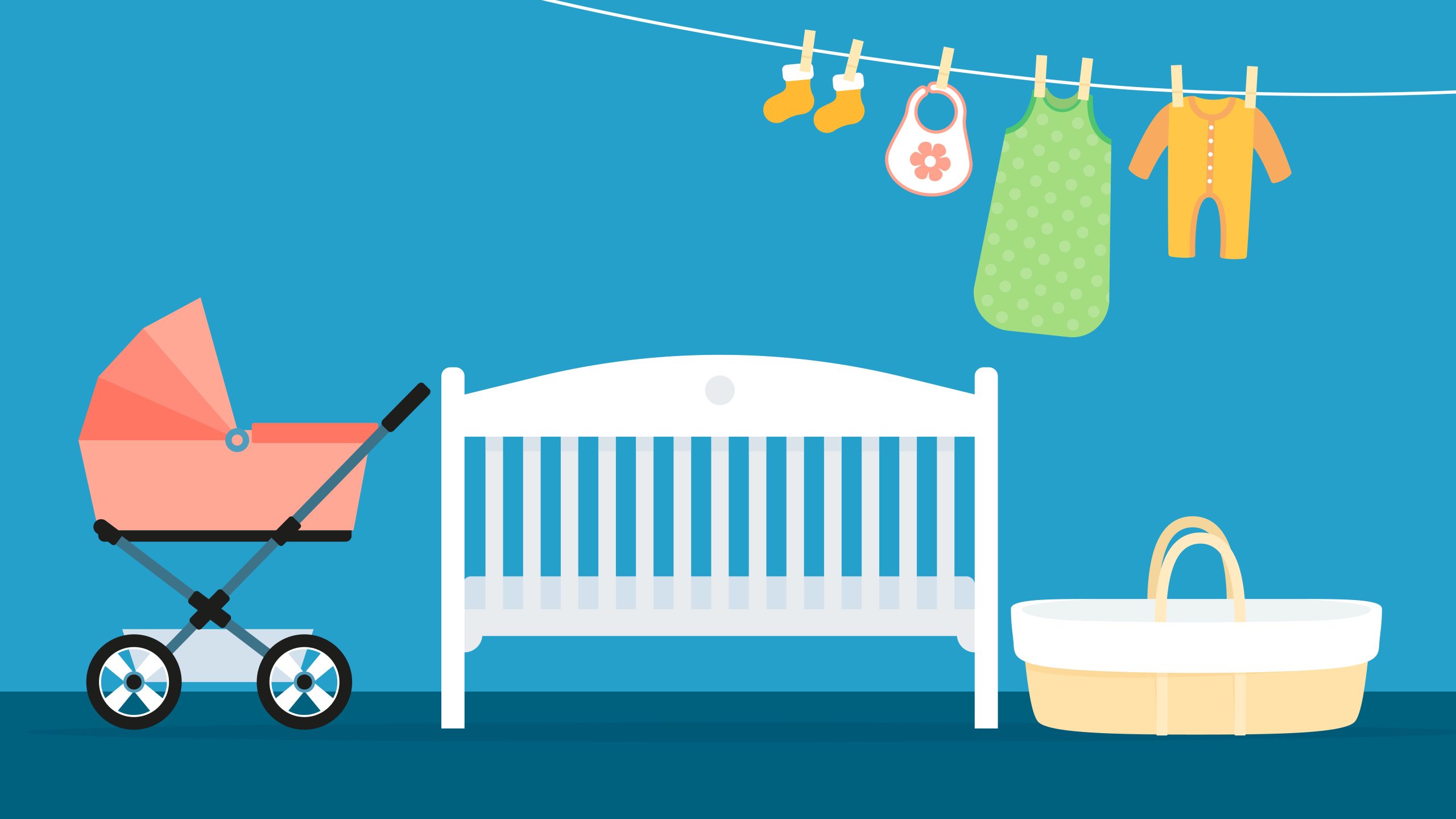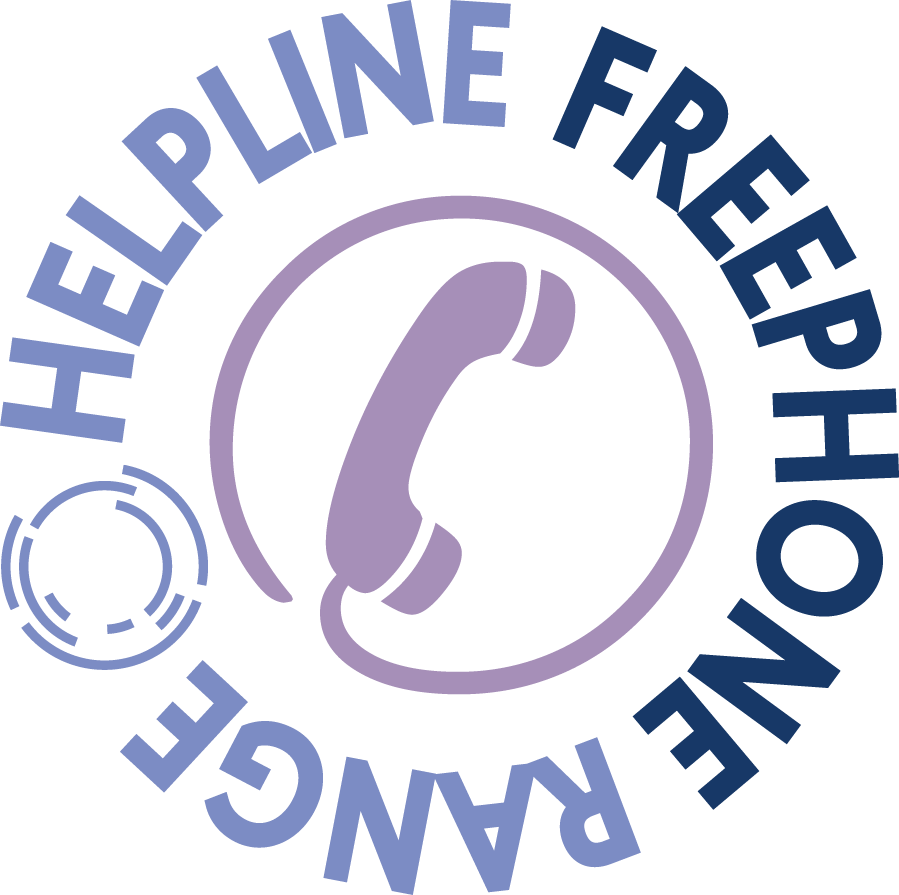
Using second-hand baby products is a great way to save money and it’s better for the environment too. We also know that lots of families kindly pass on items to friends and family once their baby has outgrown them, which can be a huge help.
However, there are a few things to be aware of before you use something pre-owned.
Things to check
If you’re gifted items from friends or family, it’s a good idea to look up the product online to ensure it complies with safer sleep advice. And if you’re going shopping for second-hand baby products, we would recommend taking a phone with you so that you can have peace of mind before you buy.
Here is a quick list of things to check:
- Instructions | Make sure you can get hold of the product’s instructions. They can often be downloaded from the manufacturer’s website.
- Standards | Make sure the product meets the relevant British safety standards (more on this below). It should be stated on the product itself, or the product’s packaging or website.
- Safety | Search online to ensure the product hasn’t been recalled or deemed unsafe to use. You can search ‘product recalls’ on GOV.UK to see if any problems have been identified or see our list below of recalled baby sleep products
- All in one piece | Make sure the product is in good condition with no broken or missing parts.
In addition, any second-hand items you use should be smoke and pet free.
Second-hand baby mattress
Generally, we would advise buying a new mattress for each baby. This is because research suggests an increased chance of sudden infant death syndrome (SIDS) when using a second-hand mattress from outside of the family home.
However, we know it is not always possible for families to buy new. If this is the case, you can reduce some of the risk by choosing a second-hand mattress that fits certain criteria.
A second-hand mattress should:
- Have a well fitting, 100% waterproof cover
- Have no rips or tears
- Be in good condition with no water damage
- Be firm and flat (no areas of sagging)
- Fit the cot or Moses basket well, with no gaps
- Have a fire-resistant label on it
Second-hand car seat
We would advise you not to buy or use a second-hand car seat. This is because it isn’t always obvious if a car seat has been in an accident as the damage might not be visible. This would make it unsafe for your baby.
Even if you know the history of the seat (for example, it’s from a family member), it is still best to buy new. Wear and tear over time can affect the safety of a car seat and its ability to protect your baby.
What to buy
It can be difficult to know which products your baby will need, and the amount of choice can be confusing. Whilst we don’t comment on specific baby sleep products, we have put some general advice to help you make an informed choice. This advice is based on the most up-to-date research into sudden infant death syndrome (known as ‘cot death’).
Check out our Sleeping Products page for more information. You can also download our Product Guide which is packed full of hints and tips about baby sleep products.
Second-hand baby products: FAQs
Which British safety standards should I look for?
Click here to open this question
We strongly advise that any product you chose complies with British Standards, especially if you are buying an item over the internet. A British Standard tells us that the product has passed certain tests, such as making sure it will not fall apart or set on fire easily.
Safety standards for Baby Sleep Products
| Cots | BS EN 716:2017 |
| Moses baskets, Carry cots | BS EN 1466:2014 |
| Bedside cribs | BS EN 1130: 2019 |
| Mattresses | BS 7177:2008+A1:2001 |
| Car seats | ECE Regulation 44.04 (or R 44.03) or to the new I-size regulation, R129. Look for the ‘E’ mark label on the seat |
| Sleep bags | BS EN 16781:2018 |
Note: There is no safety standard related to sudden infant death syndrome. This means that even if a product meets the relevant British Standards, it won’t necessarily be safe when it comes to reducing the risk of SIDS.
Can I use upcycled baby products?
Click here to open this question
When a manufacturer creates a sleeping product, they mean for it to be used in a certain way. Using an item in a way the manufacturer did not intend could put your baby at risk (e.g. adapting a cot and attaching it to an adult bed).
Do not use products (even one that complies with British Standards) that has adaptions or added décor such as gems or fur. These often pose a risk you are not aware of.
Aren’t all products sold in this country safe to use?
Click here to open this question
Sadly not. Just because a product is made by a name you know or sold by a well-known retailer doesn’t mean that it complies with safer sleep advice.
I am struggling to get the items I need for my baby. What can I do?
Click here to open this question
If you need baby items, you can get help from a baby bank. A baby bank is like a food bank but for baby essentials. They provide pre-owned items for children aged 0-5yrs to families who need them. These second-hand baby products are donated by the local community for families to use.
If you are in contact with professionals, you can ask them to refer you to a baby bank. You may also be able to self-refer by contacting your local baby bank directly.
Little Village is a London-based baby bank, but you can also use their website to search for your local baby bank.
Recent product safety alerts and recalls
- Water beads
- Puggle I-size Safe Max 360 Car Luxe Car Seat
- Britax Römer BABY-SAFE 5Z infant carrier
- Nibbling Silicone Dummy Clip
- George Home Sleepbags (Eight Models) sold by Asda
- Nibbling silicone daisy dummy
- Bluebell Baby Monitors
- Baby self-feeding products
- Baby Self-Feeding Pillows / Prop Feeders
- Queen West Trading Co. Baby Blanket in Blue and Beige
- Belecoo 3 in 1 Baby Stroller
- Wool Room Starry Nights, Spotty Fun and Jungle Friends Baby Wool Sleeping Bag (0-6m)
For more information about which products to buy for your baby, visit our Sleeping Products advice page.

